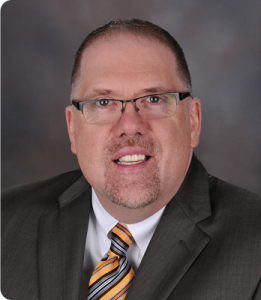The numbers paint a distressing picture: Nearly 1 million Florida children live in extreme poverty. One in four will suffer abuse or neglect. One in five struggles with a mental health challenge.
At Children’s Home Society of Florida, we have a different vision. We’re working to change this picture with solutions.
We know that when children grow up in safe, healthy, stable environments, their opportunities are unlimited. We also understand that support and encouragement for parents is a key ingredient to investing in their potential.
That’s why CHS has embarked upon a bold direction to end the need for foster care as we know it. To keep more kids safe at home and out of the foster care system.
We’re focused on solutions that align with an upstream approach: keeping families together by addressing fixable challenges – mental health, violence and other stressors—before they can transform into a crisis.
It’s not enough for us to have this vision. Pubic policy and funding decisions have to be aligned with our picture of a better tomorrow.
We’ve been talking a lot this session about Florida’s federal Title IV-E Waiver and its pending expiration. Essentially, this change could mean a $90 million hit to Florida’s child welfare system and new restrictions on how we can support children with their families. It’s not hyperbole to suggest this policy and funding challenge can interrupt our success in keeping tens of thousands of kids safe in their homes and out of foster care.
We’re not willing to wait this one out. I’m in Washington this week to gain a better understanding of the impact of the Families First legislation and how this will affect Florida’s funding and policy environment, including our Title IV-E waiver.
Along with my peers from the Florida Coalition for Children and the national Alliance for Children, Families and Communities, I’ll be advocating for solutions that include thorough investments in safely serving children in their own homes – before tragedy strikes.
We’ll meet with staff from the Senate Finance Committee and the House Ways and Means Committee and members of Florida’s Congressional delegation. We’ll also be meeting with Acting Commissioner for the Administration on Children, Youth and Families Jerry Milner to discuss viable strategies for moving further upstream with proven solutions in prevention programs, parent support, home-visiting and behavioral health.
Solutions with proven results despite limited and inflexible resources.
That must change – but it won’t change without intentional advocacy.
It’s not my first time in DC working with policy makers on behalf of Florida’s children and families, and it certainly won’t be my last. I look forward to sharing some more reflections after this week.
We’re just getting started.







